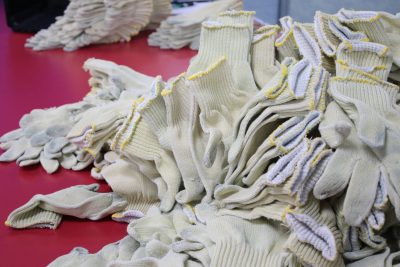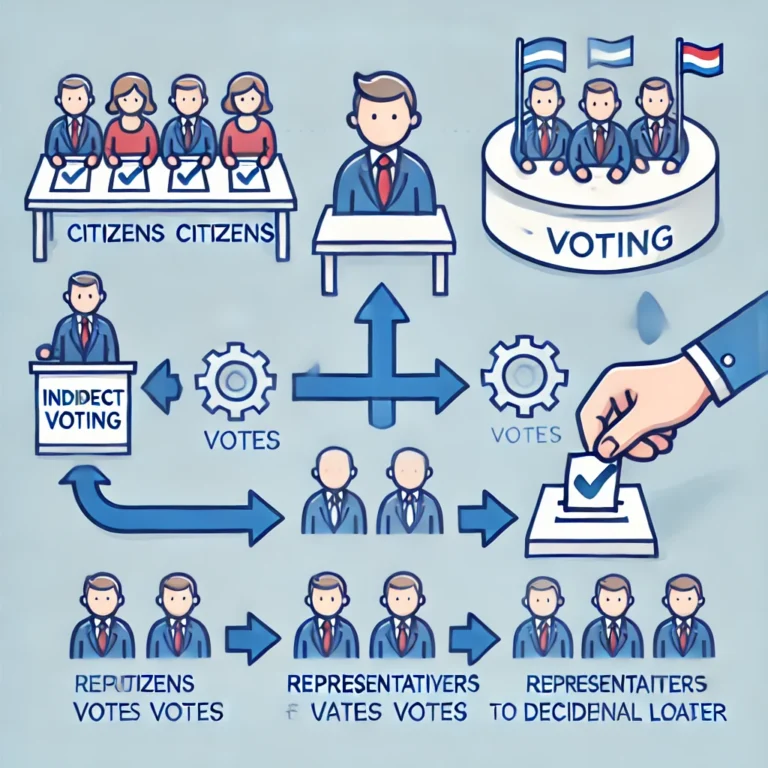From Waste to Wear: How Recyclable PPE Is Closing the Loop
The surge in personal protective equipment (PPE) usage over the past few years has raised environmental concerns about single-use items, particularly masks, gloves, and gowns that end up in landfills or oceans. But with advancements in recyclable PPE, there’s a new opportunity to minimize waste while keeping people safe. Recyclable PPE is designed to fit into a circular economy, where items are broken down and repurposed into new products, creating a sustainable cycle of use and reuse.
1. Understanding the Circular Economy
A circular economy is an eco-friendly model that focuses on minimizing waste, conserving resources, and reusing materials as much as possible. Instead of following the traditional “take-make-dispose” cycle, a circular economy aims to keep products and materials in continuous use.
- Design for Durability and Recyclability: Products in a circular economy are designed to be reused, recycled, or easily broken down. This reduces the need for new resources and cuts down on waste.
- Recycling and Reusing Materials: The circular model relies heavily on recycling. Materials are broken down and repurposed for new products, keeping them out of landfills and oceans.
- Environmental and Economic Benefits: By creating closed-loop systems, the circular economy benefits both the environment (through reduced pollution and resource conservation) and the economy (through job creation and sustainable business models).
Why It Matters: With recyclable PPE in TN, the circular economy model can extend into healthcare, hospitality, and other industries, where sustainable PPE options make a real impact in reducing waste.
2. How Recyclable PPE Fits Into the Circular Economy
Recyclable PPE offers a sustainable alternative to single-use items that are discarded after one use. Here’s how it aligns with the circular economy:
- Reusable Design: Many recyclable PPE items are designed for repeated use. For example, reusable face shields and gowns can be sanitized and used multiple times, reducing the need for disposable options.
- Recyclable Materials: Recyclable PPE is often made from materials that can be broken down and reprocessed, such as polyethylene terephthalate (PET), polypropylene, and even biodegradable compounds. These materials can be melted down and repurposed, creating new products like clothing, construction materials, or more PPE.
- Reduction in Raw Material Demand: By recycling and reusing PPE, we reduce the demand for raw materials, leading to less environmental disruption. This conserves natural resources and lowers the carbon footprint associated with extracting and processing new materials.
Example: Some companies are collecting used PPE and processing it into plastic pellets, which are then used to manufacture items such as reusable bags, furniture, and even new protective equipment.
3. The Journey of Recyclable PPE in the Circular Economy
Recyclable PPE undergoes a specific process to ensure it can be transformed and reused. Let’s look at the typical journey:
- Collection and Sorting: Used PPE is collected from hospitals, clinics, and public spaces. It’s sorted based on material type to ensure that each piece is directed toward the appropriate recycling process.
- Cleaning and Decontamination: PPE is thoroughly cleaned and sanitized, especially if it has been used in medical or high-risk environments, to remove any biological contaminants.
- Material Breakdown: The PPE is then broken down into its raw components. For example, plastic masks may be shredded and melted, while textile-based gowns are torn down into fibers.
- Repurposing and Manufacturing: These recycled materials are used to manufacture new products, such as clothing, reusable PPE, or everyday items. This keeps PPE waste out of landfills and creates a cycle of continuous use.
Example: Some companies are creating outdoor furniture, composite building materials, or even carpet padding from recycled PPE, demonstrating how this waste can be given a new life in different industries.
Conclusion
Recyclable PPE is an exciting development that aligns with the circular economy, reducing waste, conserving resources, and helping protect the environment. By creating PPE that can be reused or repurposed, we’re closing the loop on PPE waste and building a more sustainable future. Whether you’re a business or an individual, supporting recyclable PPE initiatives can make a meaningful impact. Together, we can transform PPE from waste to wear, protecting people and the planet simultaneously.
FAQs
1. How does recyclable PPE differ from traditional PPE?
Recyclable PPE is designed to be reused or broken down into raw materials that can be repurposed, whereas traditional PPE is often single-use and ends up in landfills.
2. Can all PPE be recycled?
Not all PPE can be recycled, as some materials are challenging to process. However, advancements in recycling technology are expanding the types of PPE that can be sustainably repurposed.
3. Is recyclable PPE as effective as regular PPE?
Yes, recyclable PPE is designed to meet the same safety standards as traditional PPE, ensuring it offers effective protection while also supporting sustainability.
4. Where can I find recyclable PPE?
Many companies now offer recyclable PPE options online, and some local retailers may carry sustainable PPE brands. Look for products labeled as “recyclable” or “eco-friendly.”
5. What can recycled PPE be turned into?
Recycled PPE can be repurposed into various products, such as new PPE, clothing, outdoor furniture, building materials, and even art supplies.






